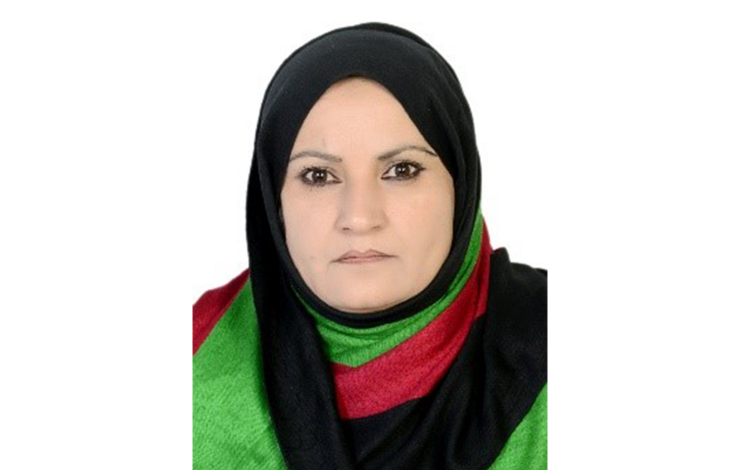Customary and informal justice systems provide vital pathways to everyday justice, and are essential to fulfilling the promise of justice for all reflected in SDG16. Discussion focused on how efforts to achieve SDG16 can engage with the opportunities and challenges associated with justice pluralism. There is no possibility of realizing this ambitious goal of justice for all by 2030 without considering, and carefully evaluating, the vital role of customary and informal justice systems. Customary and informal systems present unique advantages. These systems are the only dispute resolution fora available in some communities, and therefore allow people to seek justice when they would otherwise be excluded entirely. These systems often have high levels of use and acceptance in the communities that they serve because they are geographically closer, faster to resolve disputes, trusted more than formal court-based systems, more cost effective to use, and are more familiar in terms of linguistic and cultural relevancy. Yet, all justice systems—whether formal or informal—have shortcomings. Therefore, it is particularly important to consider how informal systems treat vulnerable and marginalized groups within their respective communities. Ultimately, improving outcomes should be the goal when engaging the complexities of legal pluralism and customary systems.
Read the full summary for this working session.
Additional Resources:

Working Sessions Summaries





